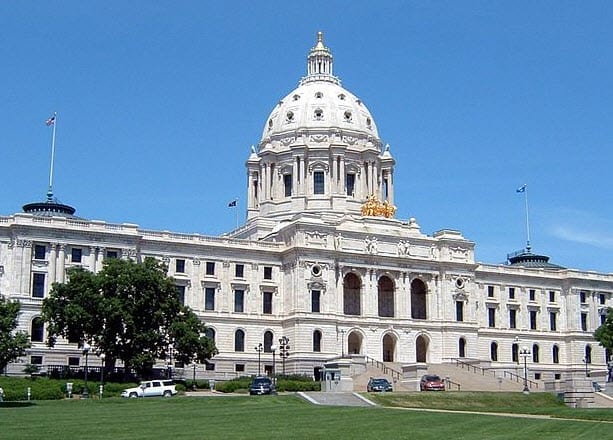 The state’s Democratic Farmer Labor party members are disagreeing on the topic of paying for the marketplace.
The state’s Democratic Farmer Labor party members are disagreeing on the topic of paying for the marketplace.
One of the issues that has arisen after a Senate Tax Committee hearing last week has to do with an amendment to legislation regarding the health insurance exchange and the way that it would receive its funding.
Among the issues creating controversy is whether or not smokers should be footing the bill.
The new health insurance marketplace is set to begin its operations in October of this year. However, there is considerable indecision in terms of the source of the money that would be paying for this online marketplace, which is a central part of the federal healthcare reforms.
Small businesses are now concerned that they may need to pay for part of the health insurance exchange.
They have expressed worry that they will be required to shell out a large portion of the estimated $50 million in operating costs that will be generated by the health insurance exchange every year. Many of the tax committee’s Democrats responded with a vote last Thursday that altered the bill within the Senate so that the funding for that marketplace would come from an already existent cigarette fee. The money from that fee is currently being sent to the general fund for Minnesota.
This decision caused disagreement among the Democratic Farmer Labor party members, who are currently controlling both Legislature chambers as well as the governor’s office. According to Senator Rod Skoe (DFL-Clearbrook), who is the Tax Committee chairperson, this amendment provides the health insurance exchange with a broader funding base so that the outcome will not be higher premiums for consumers and small businesses.
Skoe went on to explain that the money would essentially be drawn from the general fund. However, some Democrats have stated that they would prefer that the marketplace be funded with a type of “withhold” of up to 3.5 percent of the premiums collected through the policies that are sold within it. That is the funding mechanism that remains within the proposed health insurance exchange bill that is currently before the House of Representatives.
